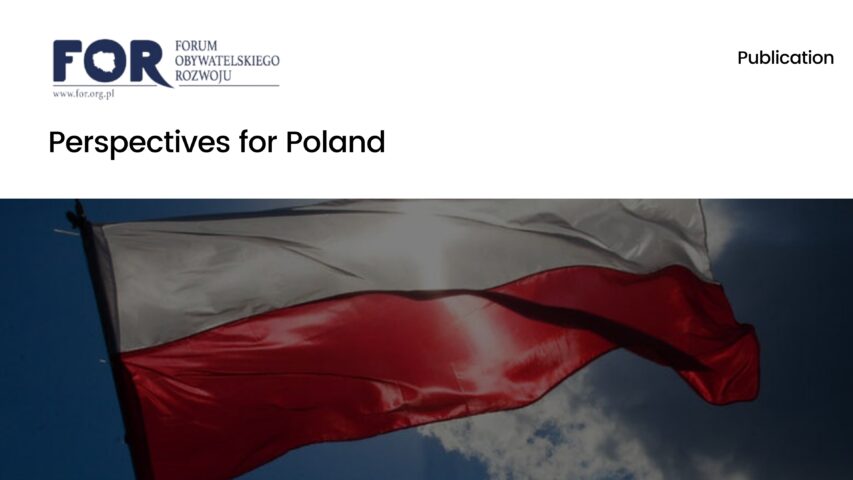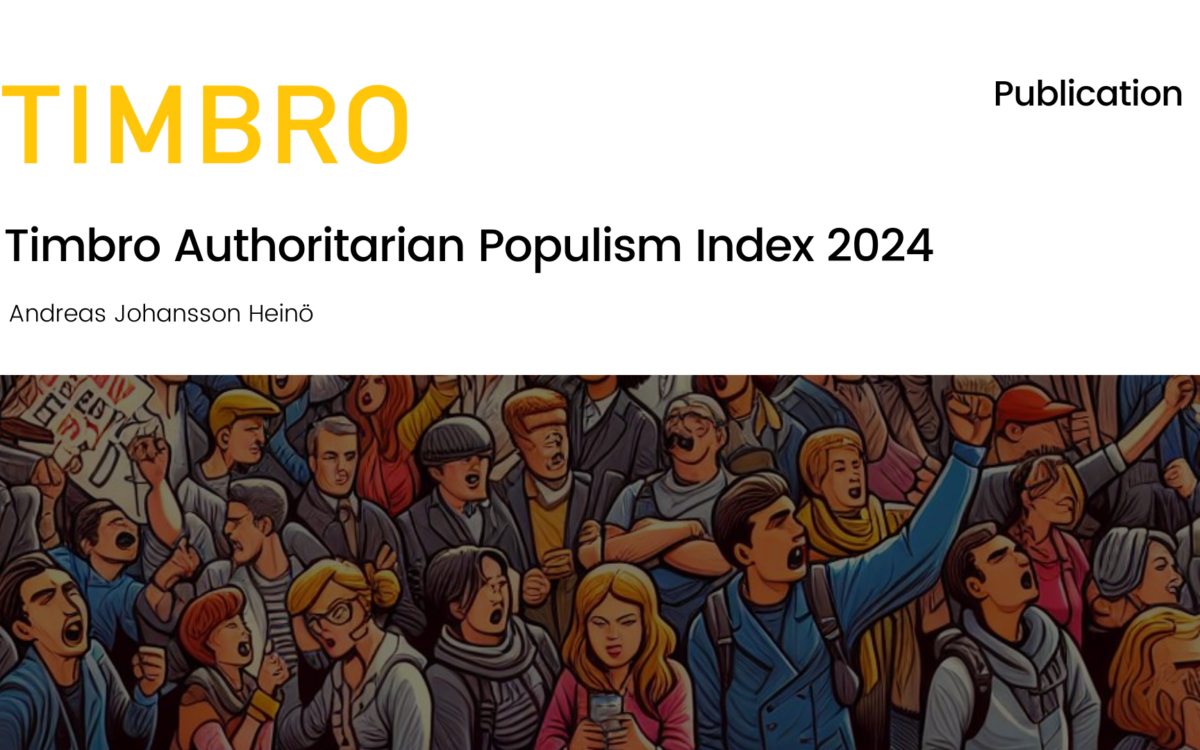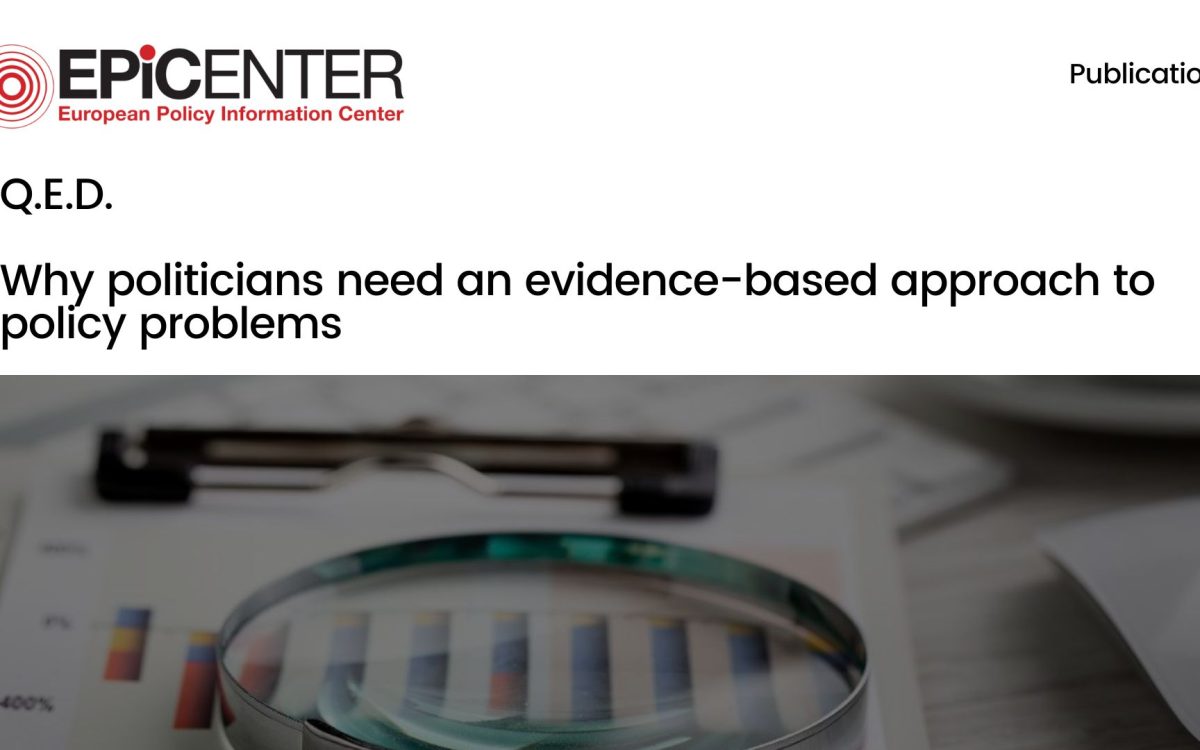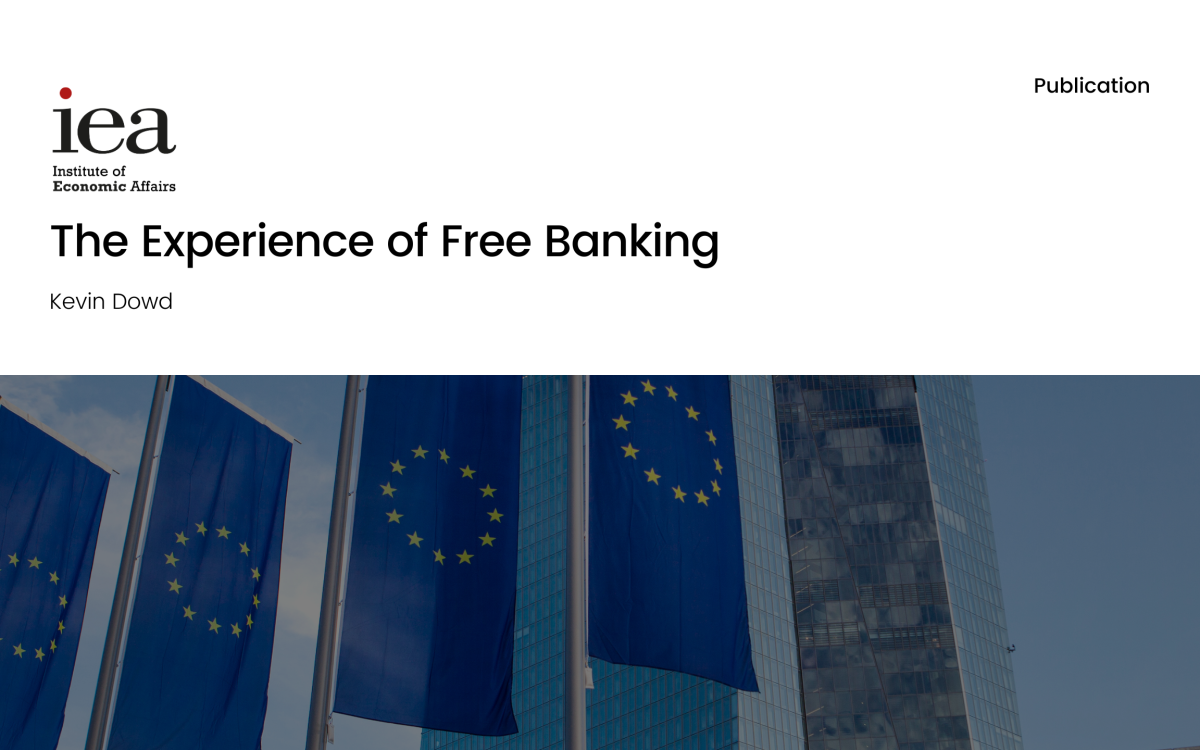Perspectives for Poland

Perspectives for Poland
29 November 2017
In the last 25 years, the Polish economy has grown faster than the economies of Western Europe and the US, which enabled a significant reduction of the distance separating it from richer countries. Annual GDP growth in the years 1992–2011 was 4.1%, which was the best result among those Central and Eastern European countries that started to transform at the same time as Poland.
But in the second half of the twentieth century, several countries achieved faster growth, which allowed them to join the group of high-developed countries. Also, some post-communist countries experienced faster growth than Poland. But only the Polish economy has been growing stably so far, without financial crises and recessions. The growth was achieved despite a relatively low rate of savings and investment rates – lower than the average in the European Union and significantly lower than the average in Central and Eastern Europe.
Download or share this publication
View the PDF
EPICENTER publications and contributions from our member think tanks are designed to promote the discussion of economic issues and the role of markets in solving economic and social problems. As with all EPICENTER publications, the views expressed here are those of the author and not EPICENTER or its member think tanks (which have no corporate view).



